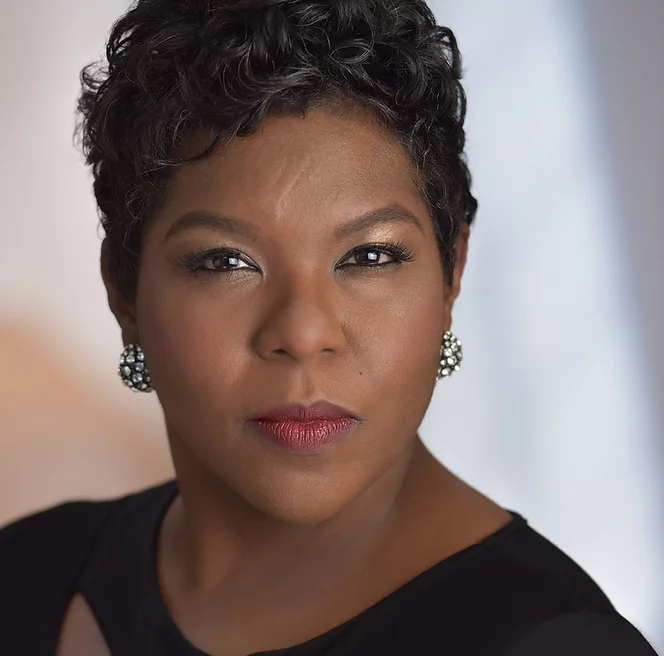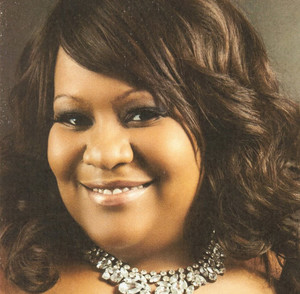Meet the Composer
George Gershwin (1898-1937)
Born Jacob Gershwine in Brooklyn on September 26, 1898, Gershwin was an American pianist and composer whose compositions spanned both popular and classical genres. Among his best-known works are the orchestral compositions Rhapsody in Blue (1924) and An American in Paris. His songs are famous — Swanee, Fascinating Rhythm, Embraceable You, I Got Rhythm,The Man I Love and more. His most ambitious composition was the opera Porgy and Bess.
Gershwin studied piano under Charles Hambitzer and composition with Rubin Goldmark, Henry Cowell, and Joseph Brody. He began his career as a teenager, writing songs and playing piano. Gershwin left school at the age of 15 to work as a song plugger on New York City’s Tin Pan Alley. He earned $15 a week for Jerome H. Remick and Company, a Detroit-based publishing firm with a branch office in New York. His first published song was When You Want ‘Em, You Can’t Get ‘Em, When You’ve Got ‘Em, You Don’t Want ‘Em in 1916. It earned the 17-year-old 50 cents.
Gershwin started recording and arranging songs for Aeolian Company and Standard Music Rolls in NewYork. He produced dozens of piano rolls under his own and assumed names (pseudonyms attributed to Gershwin include Fred Murtha and Bert Wynn). He also recorded rolls of his own compositions for the Duo-Art and Welte-Mignon reproducing pianos. In 1919 he scored his first big national hit with Swanee. Broadway star Al Jolson heard Gershwin perform Swanee at a party and decided to sing it in one of his shows. Gershwin met songwriter and music director William Daly. The two collaborated on the Broadway musicals Piccadilly to Broadway in 1920 and For Goodness’ Sake in 1922. This was the beginning of a long friendship. Daly was a frequent arranger, orchestrator and conductor of Gershwin’s music.
In the early 1920s Gershwin frequently worked with the lyricist Buddy DeSylva. Together they created the experimental one-act jazz opera Blue Monday, set in Harlem. It is widely regarded as a forerunner to the groundbreaking Porgy and Bess, introduced in 1935. In 1924, George and Ira Gershwin collaborated on a stage musical comedy Lady Be Good, which included the hit Fascinating Rhythm.They followed this with Oh,Kay!, Funny Face, and Strike Up The Band. Gershwin allowed the song, with a modified title, to be used as a football fight song, Strike Up the Band for UCLA.
In the mid-1920s, Gershwin stayed in Paris for a short period, during which he applied to study composition with the noted Nadia Boulanger, who, along with several other prospective tutors such as Maurice Ravel turned him down, afraid that rigorous classical study would ruin his jazz-influenced style. Ravel’s rejection letter to Gershwin told him, “Why become a second-rate Ravel when you’re already a first-rate Gershwin?” Gershwin had a compelling interest in synthesizing jazz with classical music. His compositions for orchestra reflect this creativity, and while in Paris, he wrote An American in Paris. He returned to New York City where he and brother Ira created Porgy and Bess, based on the novel Porgy by Dubose Heyward.
He spent the summer of 1934 on Folly Island in South Carolina after he was invited to visit by Heyward. He was inspired to write Porgy and Bess while on this working vacation. His interest in synthesizing jazz with classical music was infused with the music he heard in South Carolina. Initially a commercial failure, Porgy and Bess came to be considered one of the most important American operas of the twentieth century and an American cultural classic, even if critics could not quite figure out how to evaluate it or decide whether it was opera or simply an ambitious Broadway musical.
Gershwin moved to Hollywood and composed numerous film scores. He died in 1937 of a brain tumor. His compositions have been adapted for use in film and television, with several becoming jazz standards recorded and covered in many variations.
Meet the Cast
Meet the Cast
James Meena
CONDUCTOR
Dennis Robinson, Jr.
DIRECTOR
Naimah Kisoki
ASSISTANT DIRECTOR AND CHOREOGRAPHER
Michael Baumgarten
LIGHTING AND PROJECTION DESEIGNER
Emily Jarrell Urbanek
DIRECTOR OF MUSIC PREPARATION
Martha Ruskai
WIG AND MAKEUP DESIGNER
Valerie Wheeler
PRODUCTION STAGE MANAGER
Ease into Opera with the Student Night Experience
Student Night at the Opera is an unforgettable outing for K-12 students, families and traditional school and homeschool groups. With low cost tickets, some of the best seats in the Belk Theater, and timeless tales set to incredible music, Student Night is the perfect cultural experience for the Charlotte region’s youth!
EXCLUSIVE STUDENT NIGHT FEATURES:
- Pre-Opera performances by local students
- Q&A with cast members at intermission
- English supertitles above the stage
- Youth Guides to help you make the most of your evening
- Great prices, great seats, and of course – great music!
How Do I Get Tickets?
- Visit CarolinaTix and search for Opera Carolina events
- Call 704.372.1000
- For group ticket inquiries, contact Ashley Lam at 704.332.7177 x109
College Student?
Check out our Student Rush tickets!
Want to Experience More?
Download our educational guide








